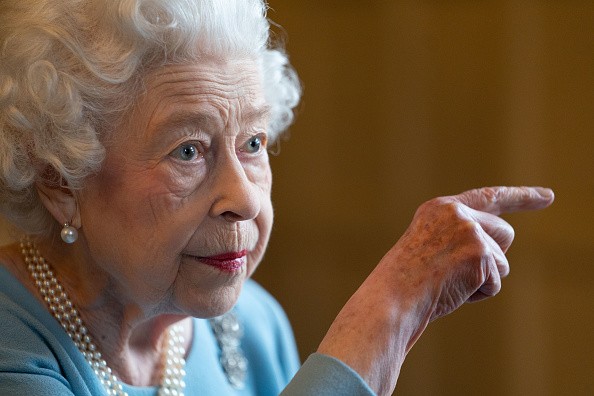TikTok is attempting to curb the spread of dangerous challenges and hoaxes in its platform. To do so, they look to strengthen their content regulation policies, as well as enlist the aid of content creators.

CNN reports that the social media company is implementing new policies that look to specifically target any content "encouraging" self-harm, disordered eating, or hoaxes about public figures.
Corman Keenan, head of trust and safety on the social media platform, announced that they're implementing a new policy category called "Dangerous Acts and Challenges." This one is specifically aimed at content which will "encourage" any idea of self-harm. They're asking content creators to spread the word by using the #SaferTogether hashtag.
As for disordered eating content, TikTok is also looking to ban videos that promote unrealistic diets, which can lead to debilitating eating disorders. There are also new guidelines in place for banning videos talking about deadnaming, misogyny, misgendering, and even conversion therapy.
According to Eric Han, TikTok's head of US safety, the company's teams of moderators are "working very diligently" to limit the spread of such negative content on their platform. For instance, putting keywords that TikTok deems could refer to a dangerous "challenge" (i.e. the potentially fatal "Dry Scooping" trend) will not yield any results.
These efforts are an offshoot of an announcement TikTok made late last year, when they vowed to work on removing dangerous "challenges" on the platform before they even spread, as reported by the BBC.
They made the announcement after it was revealed that 1 in 50 teens took part in dangerous TikTok challenges, while 1 in 300 participated in a challenge that was potentially fatal.

TikTok's Tendency To Be A Hotbed Of Dangerous, Misleading Content
One can likely be excused if they just absolutely abhor TikTok, mainly due to just how risky and misinforming any trends that pop out of there are.
Among the most recent trends to come out of the platform include hoaxes about public figures' deaths, which have recently gone viral. A good example would be the apparent "secret death" of Queen Elizabeth II.

According to a report by Slate, the hoax circulating on TikTok (and Twitter) alleges that the Queen is already dead, and that her recent annual Christmas broadcast video was done via deepfake technology.
There was even something called "National Rape Day," which was promoted via a viral video. In a report by NBC Right Now, the disturbing "celebration" was being promoted using the hashtag #April24. TikTok was quick to shut it down, saying that the trend is abhorrent and a direct violation of the platform's community guidelines.
Aside from this, the platform is also a pit of some of the worst health trends imaginable. Some of its content creators have been known to share videos of "health hacks" that do more harm than good, like removing your own moles at home, drinking chlorophyll water, or even shoving garlic cloves up your nose to relieve stuffiness.
It's safe to say that when it comes to removing or preventing the spread of horrible content, TikTok has a long way to go.
This article is owned by Tech Times
Written by RJ Pierce




